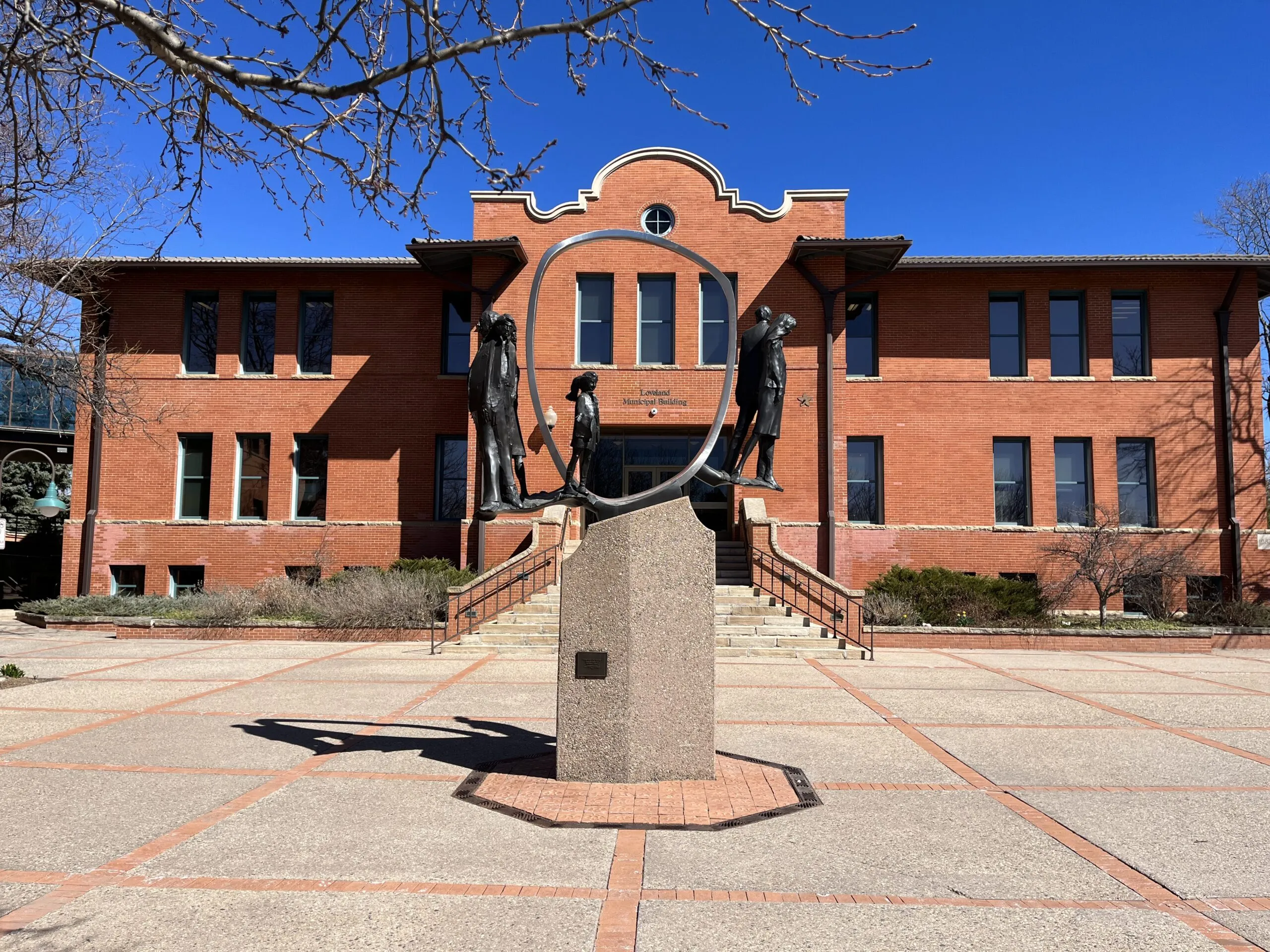Plaintiffs answer Loveland’s motions to dismiss Centerra south lawsuits

The legal back-and-forth surrounding the Loveland City Council’s actions regarding the Centerra South urban-renewal and finance agreements continued this week, with the attorney for plaintiffs in two separate lawsuits against the city filing his responses to the city’s move to dismiss both complaints.
THIS ARTICLE IS FOR SUBSCRIBERS ONLY
Continue reading for less than $3 per week!
Get a month of award-winning local business news, trends and insights
Access award-winning content today!
Already have a paid subscription?



